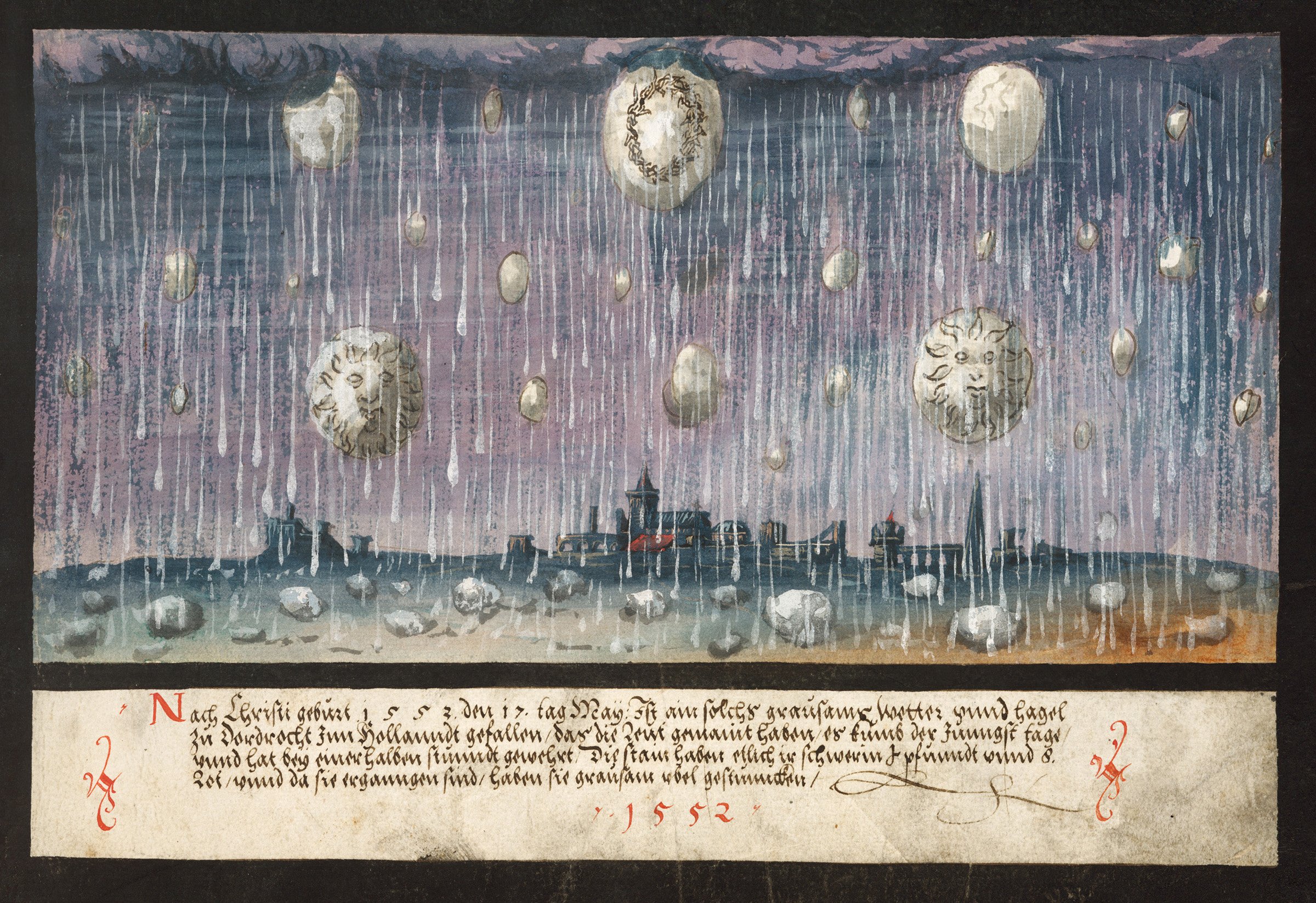A miracle is a supernaturally (divinely) caused event – an event (ordinarily) different from what would have occurred in the normal (‘natural’) course of events. It is a divine overriding of, or interference with, the natural order.
A miracle can be described as a violation of a law of nature – where ‘violation’ would mean something like ‘contrary to what could have happened had nature been the only force operative’. An event may be contrary to a law of nature without thereby invalidating it, if non-natural forces cause it.
It is followed from the fact that laws of nature do not describe the logically possible. They only describe the physically possible. A miracle is ‘beyond the order commonly observed’ and the word ‘miracle’ signifies in Christian theology a striking interposition of divine power by which the operations of the ordinary course of nature are overruled, suspended, or modified.
ADVERTISEMENTS:
Even if the laws of nature were logically necessary, there could be events contrary to those laws if it is assumed that the scope of those laws is limited. Apart from belief in miracles, one is left with a system of beliefs that has had and will continue to have enormous significance – good and bad – for people’s lives.
However, for the majority of persons for whom these beliefs have that significance, religion could no longer function in the way it does if they became convinced of the falsity of their beliefs. What one is practicing may be similar in significant respects to the religious tradition, but one will not be practicing that religion, nor will one properly be regarded as a believer.
Prayers are empowered by a clear mind and heart, and purity of intention. With clarity, our consciousness aligns with higher consciousness, where the forces of nature and laws of creation operate according to divine order. ‘Those things are properly called miracles which are done by divine agency beyond the order commonly observed in nature’.
ADVERTISEMENTS:
A miracle, metaphysically speaking, is never a mere coincidence – no matter how extraordinary or significant. If you miss a plane and the plane crashes, that is not a miracle unless God intervened in the natural course of events causing you to miss the flight!
As such, it need not be extraordinary, marvelous or significant, and it must be something other than a coincidence, no matter how remarkable unless the ‘coincidence’ itself is caused by divine intervention (i.e., not really a coincidence at all). Miracles, however, are ordinarily understood to be not just products of divine intervention in the natural order, but extraordinary marvelous and significant as well.
Technically speaking miracles are not violations of such laws but instead are positive instances of those laws. These is because laws of nature do not, and are not meant to, account for or describe events with supernatural causes but only those with natural causes. Once some event is assumed to have a supernatural cause it is, by that very fact, outside the scope of laws of nature altogether and so cannot violate them.
Only if one disregards the possibility of supernatural causes, can known exceptions to laws possibly be regarded as violations of laws. However, in such a case there might be better reason to suppose that the exception simply shows what was taken to be a law is not really a law, rather than, the exception is a violation of a genuine law of nature.

